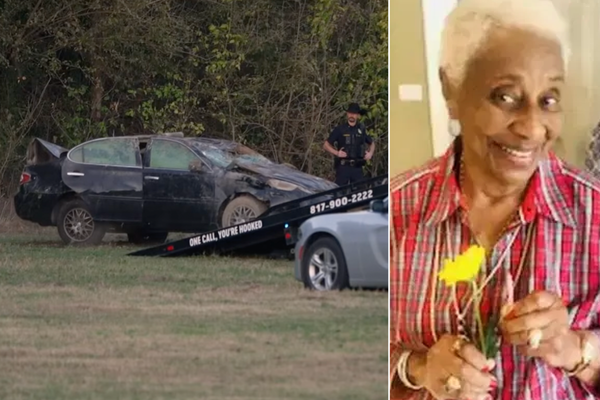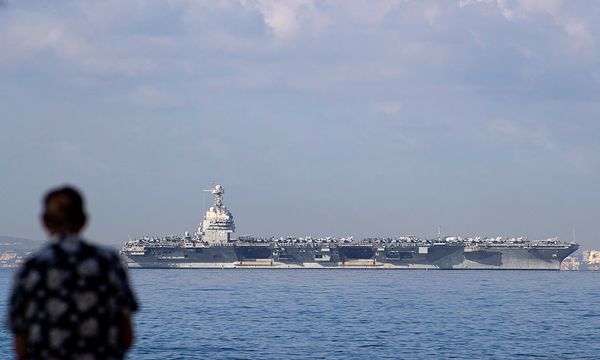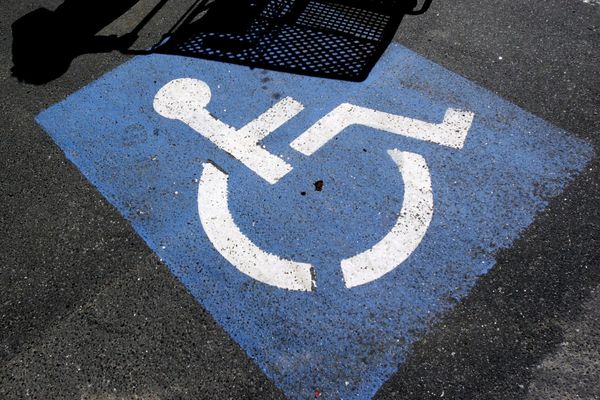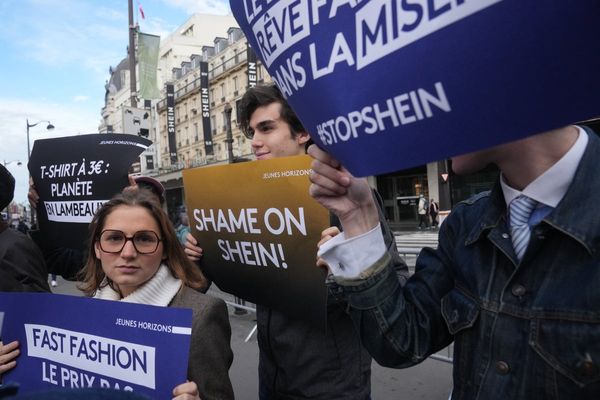
With her reputation damaged by Myanmar’s ethnic cleansing of Rohingya Muslims, civilian leader Aung San Suu Kyi is under pressure to secure amnesty for two journalists jailed after exposing military atrocities, as worries deepen about the country’s backsliding toward authoritarianism.
On Monday, Reuters reporters Wa Lone and Kyaw Soe Oo were sentenced to seven years in prison for violating state secrets laws, after receiving documents from police officers. Human-rights groups criticized the trial as a sham. They noted irregularities including a police officer called as a prosecution witness who said the journalists had been set up, and another who testified he had burned his notes of the arrest.
Western governments and the United Nations declared the verdict a blow to press freedom and called for the reporters’ release. That decision, ultimately, is up to Ms. Suu Kyi’s civilian government, which has the constitutional power to order a presidential amnesty.
Her course of action represents a test for the former head of Myanmar’s democracy movement. She has faced international criticism for failing to condemn the military’s abuses against the Rohingya. Ms. Suu Kyi has argued that her civilian government has no oversight of the military, but a recent U.N. report faulted her for not publicly opposing the crackdown, which killed 10,000 Rohingya and forced more than 700,000 into Bangladesh.
In the case of the reporters, Ms. Suu Kyi’s decision on whether to swiftly issue an amnesty is being watched as a sign of whether she remains committed to democratic principles.
She faces implicit military pressure not to release the duo, given that the police, who are under the military’s control, brought the case to civilian prosecutors. But Aaron Connelly, director of the Lowy Institute’s Southeast Asia Project, said the decision is her government’s alone, as the military firmly backs the constitution, which explicitly gives the civilian government the power to grant amnesty to prisoners.
In June, Thaung Tun, Myanmar’s national security adviser and a confidant of Ms. Suu Kyi, told a security conference in Singapore that the government would consider an amnesty. “I cannot let the cat out of the bag but please give us time and you will see what we will do,” he said. Mr. Thaung Tun noted that Ms. Suu Kyi’s government in 2017 issued an amnesty for two journalists imprisoned for flying a drone near Myanmar’s parliament.
Mr. Thaung Tun didn’t respond to emails seeking comment. On Monday, the country’s deputy information minister said the journalists could appeal to a higher court. Reuters’ editor in chief said the organization would “evaluate how to proceed in the coming days.”
Bill Richardson, a former New Mexico governor who served on an international advisory panel to assist Myanmar’s government with the Rohingya crisis before he resigned in January, said he doubted Ms. Suu Kyi would secure the journalists’ release. He said she had been unsympathetic to their plight.
“I raised it directly with her and she became angry and excited and told me to basically shut up,” Mr. Richardson said. “I could tell she really believed this was a violation of the state secrets act.” He said she referred to the two journalists as “traitors.” Zaw Htay, a Myanmar government spokesman, said he was unavailable to comment.
Mr. Richardson said he wished Mr. Thaung Tun could persuade Ms. Suu Kyi to support an amnesty, but wasn’t especially hopeful because the government wouldn’t want to be seen as capitulating to foreign pressure.
Nikki Haley, the U.S. Ambassador to the U.N., said that the conviction was a “terrible stain” on Myanmar’s government and that the U.S. would continue to call for the reporters’ release. The U.S. and European Union have sanctioned some Myanmar generals for their campaigns against the Rohingya, and a coming State Department report on the military’s actions may lead to more pressure.
Ms. Suu Kyi has rarely spoken publicly about the reporters’ case. In a June interview with NHK, a Japanese broadcaster, she defended the Reuters pair’s prosecution, saying she trusted the judicial process, according to a transcript of the interview on NHK’s website.
Elsewhere in the region, a lurch toward authoritarianism has featured crackdowns on independent media by strongmen leaders. In Cambodia, newspapers and radio stations have been shut down in the past year as part of what human-rights groups call a concerted campaign by the government. In the Philippines, President Rodrigo Duterte’s administration has moved to close a news site known for its critical reporting.
Burmese journalists say that under Ms. Suu Kyi the atmosphere for reporting in Myanmar has become as repressive as it was under the former military dictatorship. “We can say that the government has acted like dictators with the case of Wa Lone and Kyaw Soe Oo,” said Tha Lun Zaung Htet, a journalist and a member of the Committee to Protect Journalists. “Press freedom is at an end.”
Write to Jon Emont at jonathan.emont@wsj.com







